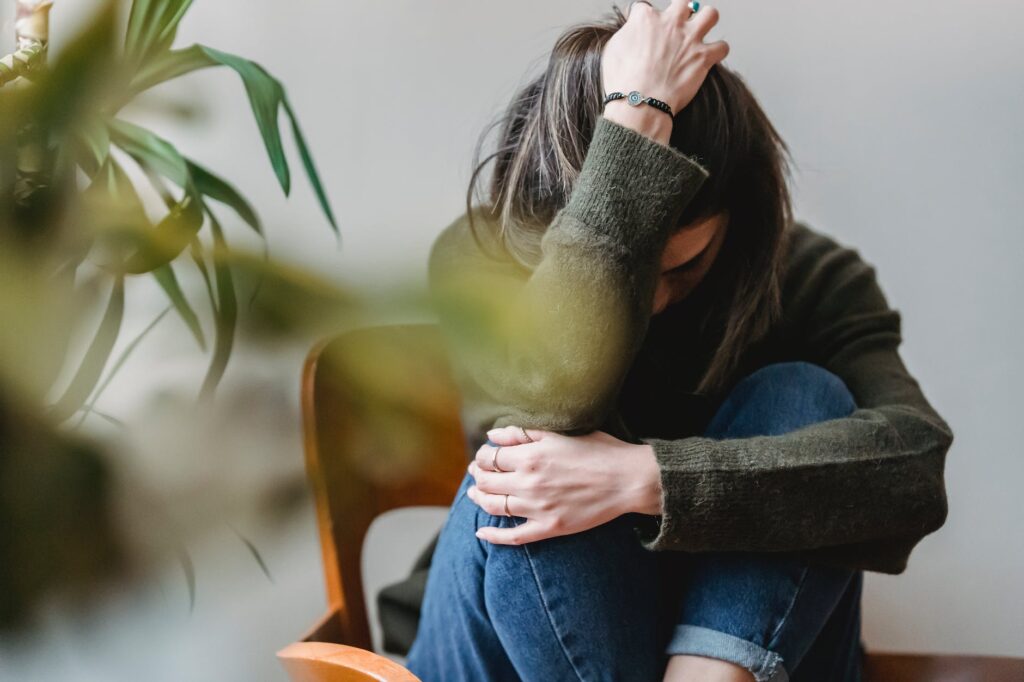Anxiety is a mental health condition that causes feelings of worry, fear, or tension. Many people are familiar with anxious feelings but don’t know their cause, so it feels like the anxiety is happening “without reason.”
Anxiety causes differ from person to person and can be subtle. It can take time to recognize patterns or learn how to identify what activates your anxiety.
Nonetheless, it’s important to discover any anxiety causes that you may have. Identifying your causes is an important step in managing them.
Anxiety causes
Whether you know what causes your anxiety or not, its symptoms can be extremely distressing. Anxiety can occur for a variety of reasons, some of which are more difficult to detect than others. Possible causes include:
Anxiety disorders
If your anxiety lasts for a long time and significantly disrupts your daily life, you may be living with an anxiety disorder. It can take some time to work out whether there’s a pattern to your anxiety. Before you detect a pattern it can seem like your anxiety occurs at random.
The type of anxiety disorder you may be diagnosed with depends on the context where your anxiety arises, the most prevalent of which are listed below:
• Generalized Anxiety Disorder (GAD) – a persistent feeling of tension and/or nervousness in the mind and/or body that has no known cause and unable to break free from.
• Social Anxiety – The fear and noticeable anxiety which are caused by extreme shyness and the idea of interacting and speaking with the public, strangers, or even friends.
• Panic Attacks – Intense physical and mental sensations that can be triggered by stress, anxiety, or by nothing at all
• Agoraphobia – The fear of going out in public, open spaces or being in unfamiliar places.
• Specific Phobias – Intense feelings of terror because of objects, situations, or animals, which often bring about disaster thinking or avoidance behaviours.
Genetics
The National Institutes of Mental Health (NIMH) Trusted Source states that “both genetic and environmental factors contribute to the risk of developing an anxiety disorder.” This means that if you have a close relative who suffers from an anxiety disorder, you are more likely to suffer from one as well.
Trauma triggers
When someone experiences trauma, they may notice physical, emotional and mental effects long after the traumatic situation ends. Individuals with post-traumatic stress disorder (PTSD) or complex trauma (C-PTSD) frequently experience anxiety triggers from environmental triggers.
These can begin with a smell, a place, or even a song. Trauma triggers, whether consciously or unconsciously, remind you of a bad memory or traumatic event in your life. Identifying trauma triggers may take time, but it is necessary so that you can learn to overcome them.
Certain foods
Certain foods can cause or worsen anxiety in some people. Here are some examples:
• sugar
• caffeine
• alcohol
• processed foods
A balanced and nutritious diet is important for many reasons. It provides you with energy and important nutrients. A nutritious diet that includes protein, whole grains, fruits, and vegetables can help your body and mind feel their best.
Physical health reasons
According to the National Institutes of Mental Health (NIMH) Trusted Source, some physical health problems can cause anxiety symptoms or make them worse. These include heart rhythm irregularities (arrhythmia) and thyroid problems.
Anxiety symptoms can also be caused by certain medications or substances. If you suspect that your medication is causing anxiety, look up the most common side effects and consult with your doctor about your options.
Tips for identifying anxiety causes
If you can identify and understand your causes, you can work to avoid and explore effective coping strategies to deal with them. You may also work with a therapist to overcome them and better tolerate any anxiety that arises.
Here are three tips for identifying anxiety causes:
• Start a journal: Record when your anxiety becomes noticeable, as well as what you believe caused the trigger or what happened just before your anxiety increased.
• Work with a therapist: Some anxiety causes are difficult to identify, but a mental health specialist can assist you. To identify causes, they may use talk therapy, journaling, or other methods.
• Be brave and honest with yourself: Anxiety can lead to negative thoughts and low self-esteem. Because of the anxious reactions, identifying causes can be difficult. Be patient with yourself, and be brave to look into your past to see how it might affect you today.
Summary
When you experience anxiety, the cause isn’t always obvious. There are different types of anxiety disorders and possible reasons why you may be having anxiety symptoms.
It is important to identify what causes your anxiety. Being aware of the cause can help you feel more in control and thus better manage your anxiety. It may take time, but you can learn to prevent and reduce your anxiety symptoms.
You are also always welcome to contact me to see if I might be able to support you as you journey forward.

